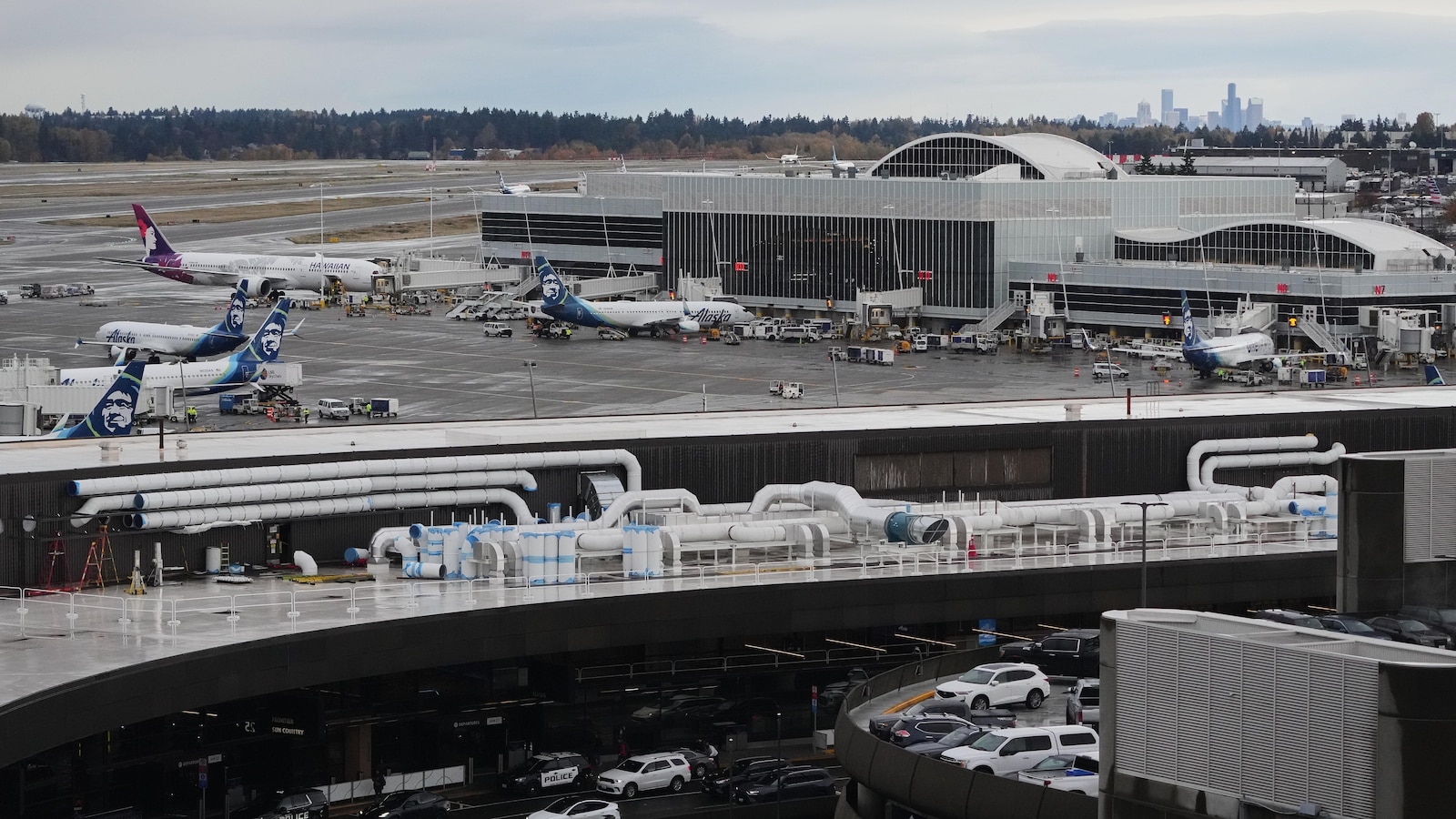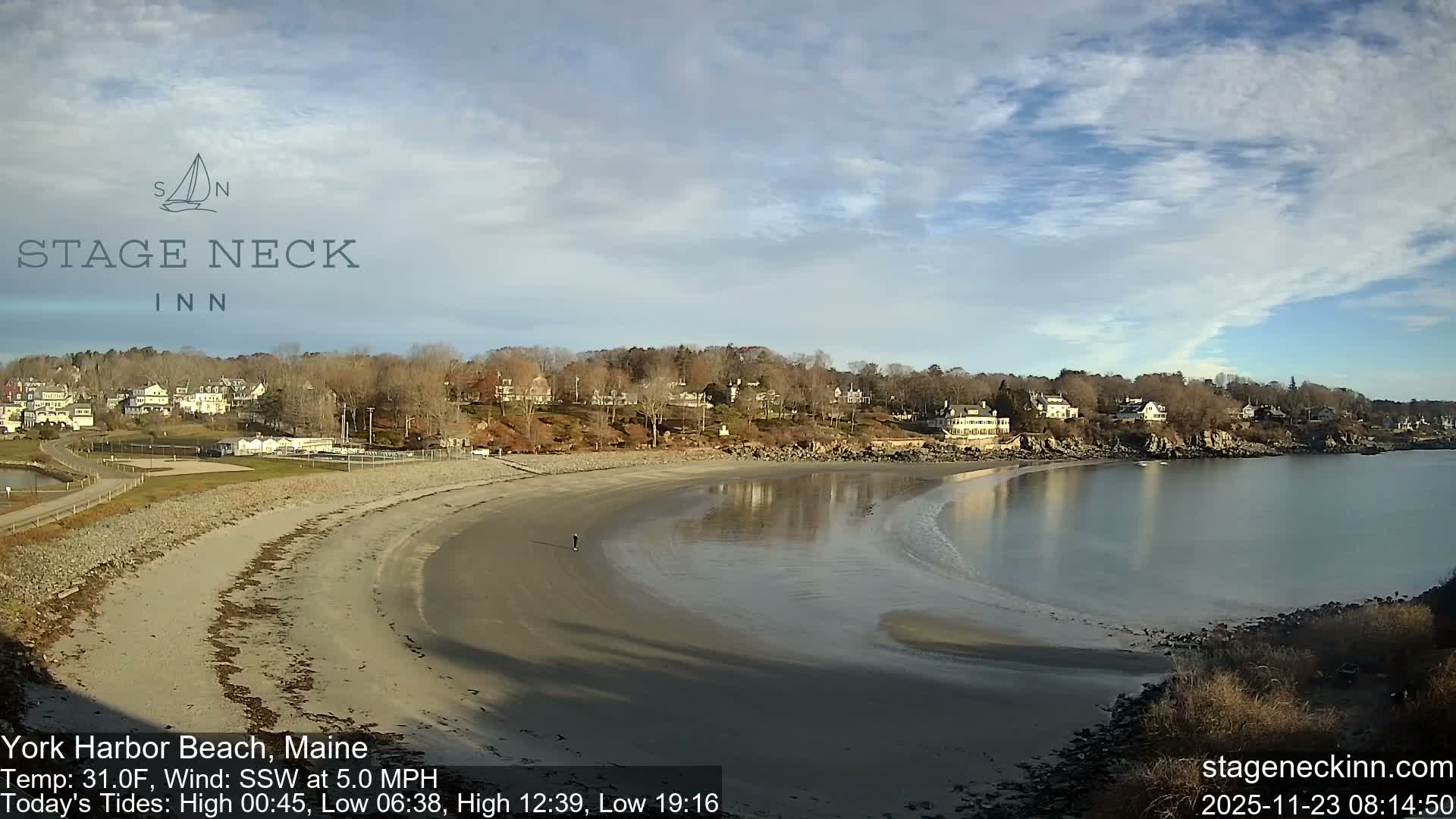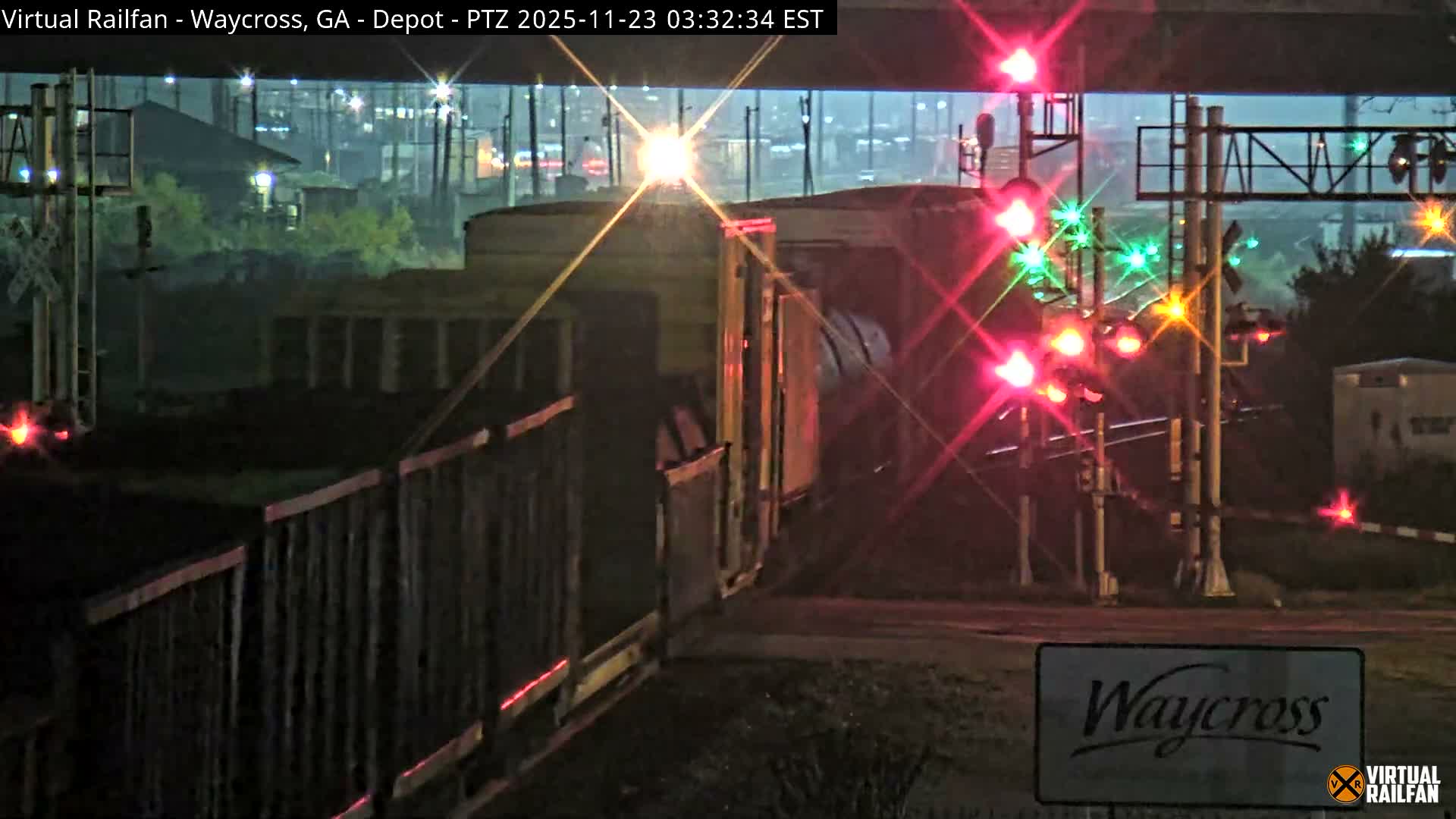Senator Cantwell Demands Answers from BP Amid Pacific Northwest Fuel Pipeline Shutdown Threatening Thanksgiving Travel
 United States
Energy & Transportation
United States
Energy & Transportation

Senator Maria Cantwell pressures BP for answers after a Pacific Northwest fuel pipeline shutdown impacts Seattle-Tacoma Airport and could raise gas prices for T
Pacific Northwest Fuel Pipeline Shutdown Triggers Senator's Demand for BP Answers
Thanksgiving Travel Looming Amid Fuel Supply Concerns
U.S. Senator Maria Cantwell has issued a stern demand for answers from BP following the shutdown of a critical Pacific Northwest fuel pipeline. The disruption, stemming from a petrochemical leak, is casting a shadow over the upcoming Thanksgiving travel weekend, raising concerns about jet fuel supplies at Seattle-Tacoma International Airport and potentially increasing gasoline prices.
Since its shutdown on Monday, the 400-mile (644-kilometer) Olympic Pipeline has halted the vital flow of gasoline, diesel, jet fuel, and other petroleum products. This essential infrastructure moves fuel from refineries near the Canadian border to distribution hubs across the Pacific Northwest, including major population centers in Washington and Oregon. The leak, initially detected near Everett, north of Seattle, on November 11, led to intermittent shutoffs before the full closure.
Washington Governor Bob Ferguson responded by declaring an emergency earlier this week, temporarily lifting some safety regulations for truck drivers. This measure aimed to expedite the delivery of jet fuel to Sea-Tac Airport via road, a strategy his office confirmed on Friday was proving effective. However, Senator Cantwell highlighted the significant challenge, noting that 90 trucks are required daily to meet just half of the airport's fuel needs.
Despite the emergency, major air carriers reported no immediate disruptions to travel at Sea-Tac, which anticipates serving approximately 900,000 travelers over the Thanksgiving holiday. Nevertheless, the underlying concern is palpable. In her letter to BP CEO Murray Auchincloss, Senator Cantwell underscored the imperative of "pipeline safety and operational integrity" given the region's reliance on the system.
BP, in a written statement, confirmed that response teams are actively excavating two pipelines along the Snohomish River. The company emphasized that personnel, environmental, and community safety remain its top priority, though it could not provide a timeline for restarting the operations. Cleanup efforts are underway, involving vacuum trucks and the removal of contaminated soil, according to Jasmin Adams of the Washington Department of Ecology. No contamination has been reported in the Snohomish River.
In preparation for potential impacts, Alaska Airlines is developing contingency plans, including having flights arrive at Sea-Tac with extra fuel to avoid needing refueling at the airport. Portland International Airport, however, expects no issues, as it has the alternative option of bringing in jet fuel by barge.
A History of Incidents and Unanswered Questions
Senator Cantwell's inquiry to BP seeks specific clarifications on the leak's cause, the company's mitigation strategies, the date of the last inspection in the affected area, and the projected impact on regional gas prices. Past shutdowns of the Olympic Pipeline have historically triggered fuel price spikes in Washington and Oregon.
This pipeline has a concerning history of incidents. A 1999 explosion near Bellingham, Washington, tragically killed three young people and spurred significant federal pipeline regulation reforms. More recently, in 2023, a spill near Conway, north of Seattle, released about 25,000 gallons (95,000 liters) of gasoline into salmon-supporting streams. Kenneth Clarkson of the Pipeline Safety Trust, an organization founded after the Bellingham tragedy, pointed out that equipment failure has been the root cause of 21 Olympic Pipeline spills since 1999, resulting in over $100 million in property damage. Clarkson insists that Olympic Pipeline must explain its updated measures to prevent future incidents.





